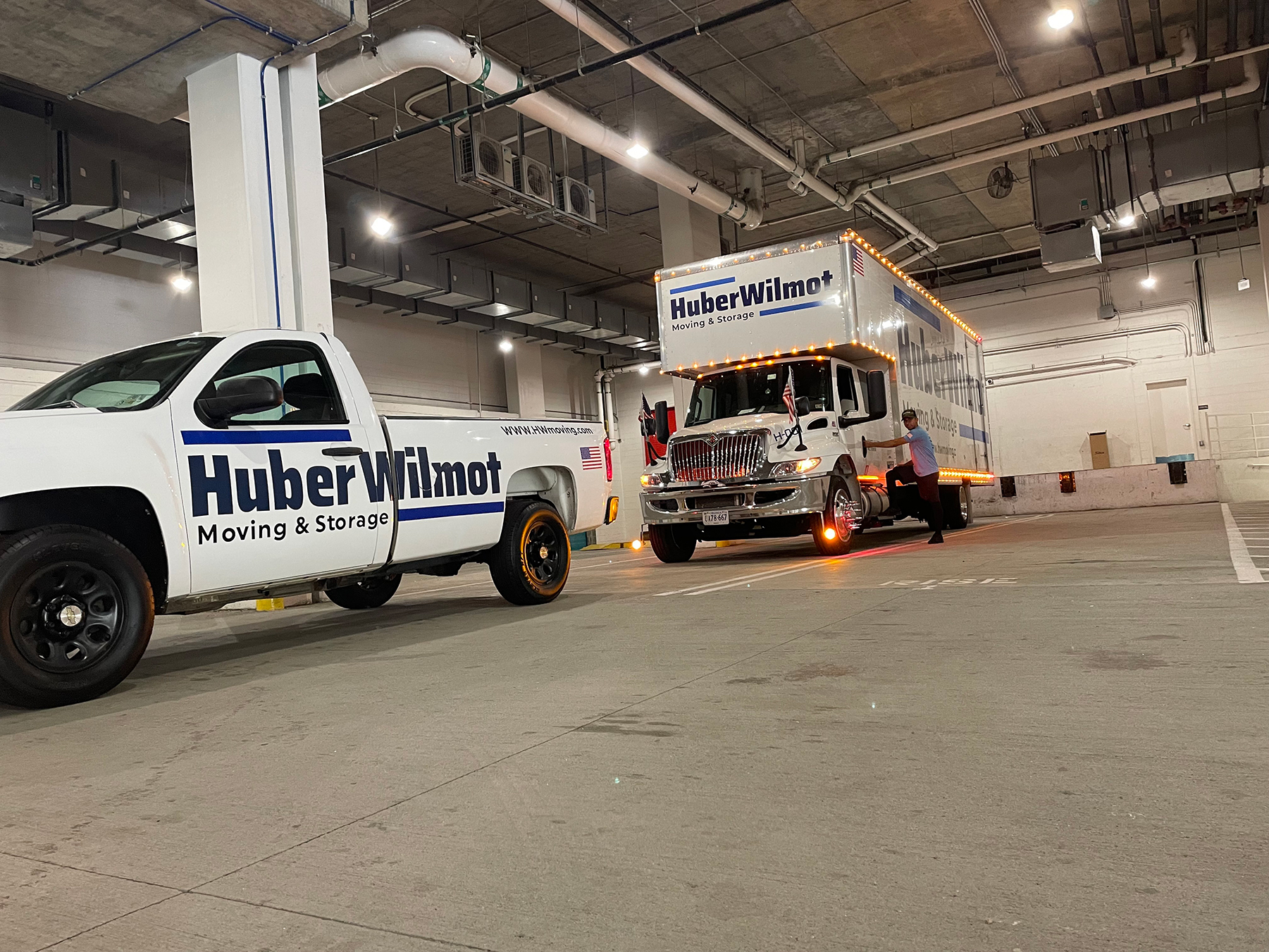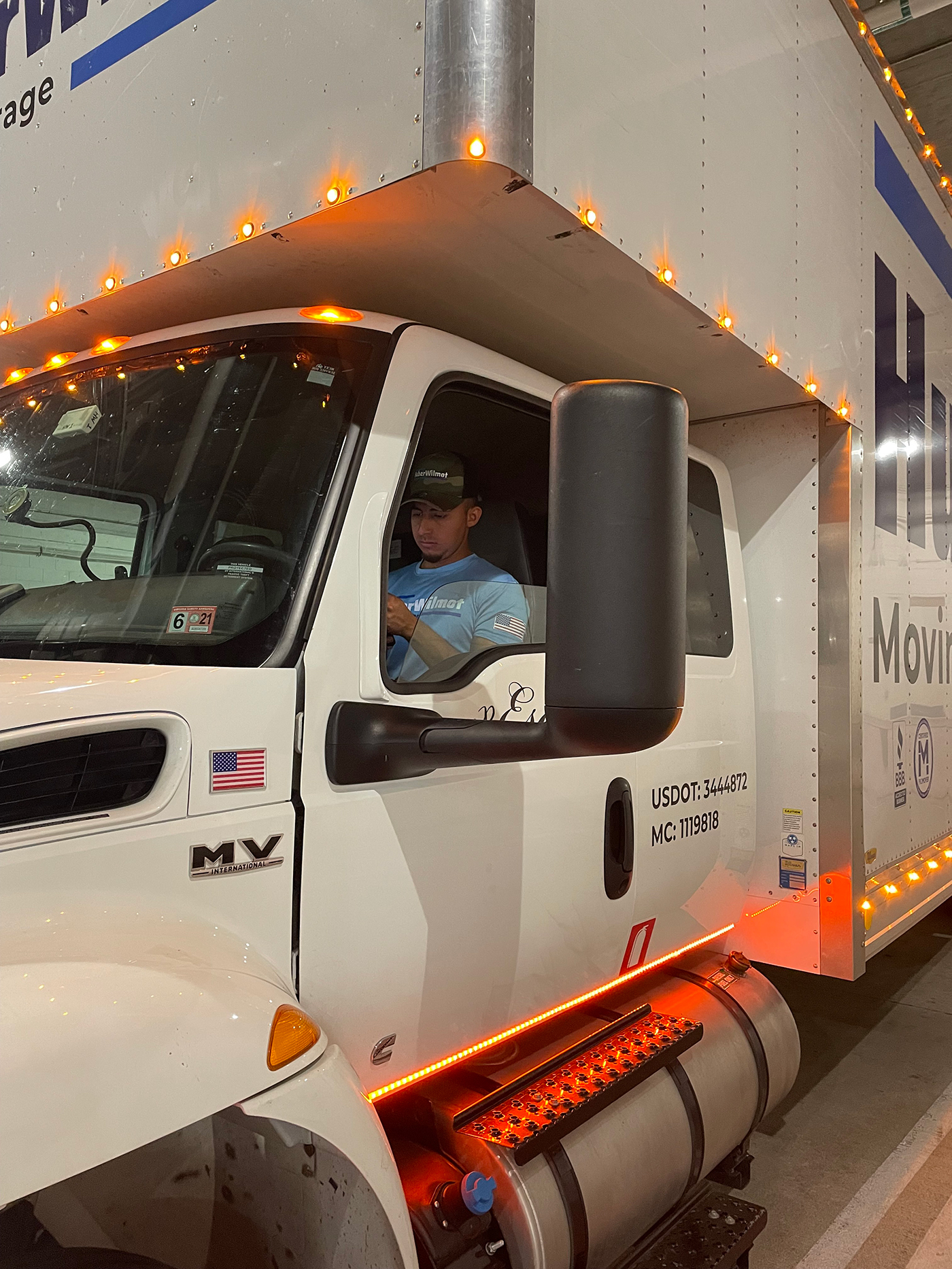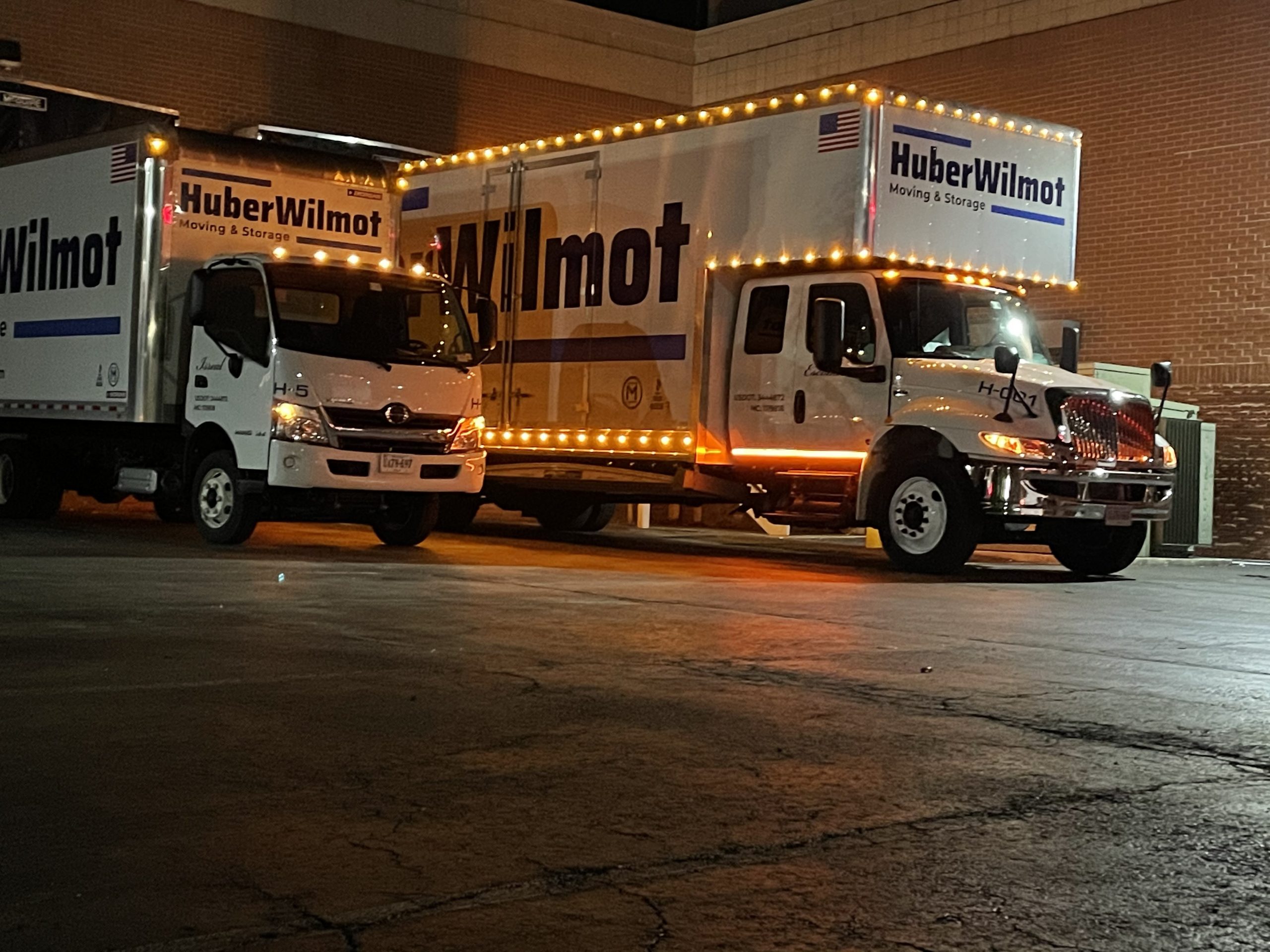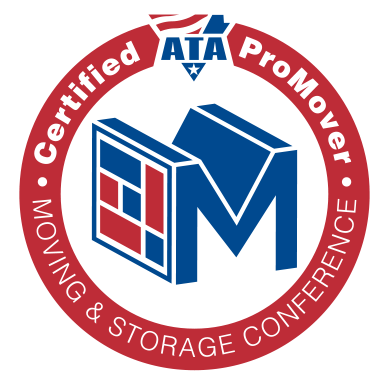Moving Guidelines
MOVING DAY GUIDELINES:
- Make sure someone is always home during the move to answer the moving coordinator’s questions.
- Conduct an initial walk-through with packers to reassess what needs to be packed in the home, prior to the moving crew getting started.
- Set aside all items that you are taking with you in your personal vehicle you so that they don’t get loaded on the moving van.
- Provide your moving coordinator with your cell phone number(s) for communication on pack and move day.
- Perform a walk-through with your advocate to ensure everything has been loaded. At the destination, and after the move is completed, perform an inspection of the moving trucks to ensure nothing has been left behind.
- Keep children and pets in a secured area while advocates are packing and loading.
- All walkways and driveways must be clear of snow, ice, mud, other hazards, and vehicles.
- Read your Bill of Lading carefully before you sign them. Keep these and all related papers in a safe location until all charges have been paid and all claims, if any, have been settled.
- Provide your sales rep or project manager with cell phone numbers, prior to departure of your current home or point of origin.
- On load day, perform a walk-through of home and inform the driver of everything to be loaded. After the load, make sure nothing has been left behind.
ITEMS THAT WE ARE PROHIBITED TO MOVE:
- Aerosol Cans
- Ammunition
- Automotive Repair and Maintenance Chemicals
- Bleach
- Butane or Propane Tanks/Bottles
- Cleaning Supplies
- Combustibles
- Fireworks
- Gasoline
- Hazardous Materials
- Lighter Fluid
- Matches
- Nail Polish Remover
- Oxygen Bottles/Tanks
- Paint & Paint Thinners
- Perishable Items
ITEMS NOT COVERED UNDER OUR VALUATION POLICY:
- Checkbooks
- Credit Cards
- Important Documents
- Precious Stones
- Collections (e.g. stamps, baseball cards, etc.)
- Currency
- Jewelry
- Prescription Medications
- Wine
- Live Plants
- Firearms
CUSTOMER RESPONSIBILITIES & MOVING TIPS:
-
8 WEEKS BEFORE YOU MOVE:
- Contact your mover to plan for a moving day and receive a free onsite or virtual estimate. Discuss any extra needs such as furniture assembly/disassembly.
- Make storage arrangements with HuberWilmot Moving & Storage
- Start to use up items you can’t move such as perishable food and cleaning supplies.
- If this is a company-paid move, verify with your employer the expenses and responsibilities you need to take into consideration.
- Contact the IRS and/or your accountant for information on what moving expenses are tax deductible.
- Contact schools, doctors, dentists, lawyers, and other civil servants you’ve done business with to obtain copies of your personal records.
- Contact friends, family, clients, and the public if need be, about your relocation.
- Evaluate and determine if you have any possessions that should be sold, donated, or otherwise given away.
-
4 WEEKS BEFORE YOU MOVE:
- If you’re packing yourself, purchase boxes or containers from your local advocate. Begin packing items that you won’t need for the next month.
- Contact all utilities and subscription services for disconnection and forwarding methods.
- Arrange special housing for your pets and live plants while you’re breaking down your home or office.
-
2 WEEKS BEFORE YOU MOVE:
- Collect important papers for DIY moving such as insurance, will, deeds, stock, titles, registrations, etc.) You should move these items separately and should not be part of your household move.
- If you’re moving out of or into a building, ensure you contact building management if you need to reserve use of an elevator and to let your neighbors know.
- Bring all items from your basement, attic, and other various places of storage out into the open so the advocate can have easy access to haul and load your items onto their truck.
- Contact your moving coordinator to review and confirm your moving day appointment.
-
1 WEEK BEFORE YOU MOVE:
- Contact your moving coordinator to confirm the arrival time of your driver and advocate. Provide any last-minute details like directions to your home, apartment, or office.
- Make a checklist of what you’ll be taking with you personally.
- Clearly section out items that are not to be moved by the moving crew.
- Pack an essentials box or kit that will be needed immediately at your new home or office. Carry this box or kit with you or have it loaded last into the truck.
- Defrost appliances and thoroughly clean them out.
- Disconnect major appliances that need to be prepared to move.
- Drain gas and oil from power tools and equipment before loading onto the truck(s).
- Backup important data stored on any personal computers or laptops.
- Have cash and checks ready for trip expenses.
Did you know...?
What is an Inventory?
The driver will generally inventory your shipment as he or she loads it (although it is not required by law). When completed, the inventory provides a detailed, descriptive listing of your household goods, along with the condition of each item when received by the mover.
Be sure that everything listed on the inventory is correct. This is not always the easiest task, as you will find things written on the inventory such as “PBO,” which means “packed by owner.” The contents of this carton cannot be listed, as the driver is simply not able to see inside each box. You will also sometimes find “CP” on a line item in the inventory, which means “carrier packed” container.
You may also notice, in the middle column on your inventory form, a line that has many seemingly random letters and numbers associated with a specific item. This is where a driver uses inventory code to make note of the condition of an item. To understand this code, you can refer to the top of the inventory sheet for a legend that will explain what each code means. For example, SC means scratched; C means chipped; the number 3 refers to the right side of piece; and 8 refers to the top of the piece. This is a simple (and consistent) way for the driver to make note of any irregularities or existing damage.
Remember, this inventory is for you to keep track of what is loaded, and the condition of each item. If damage occurs on a certain piece during the loading process, make a note of the inventory tag number on that item and indicate it in the far-right hand column on the line that corresponds with that piece. This is the document that will be scrutinized when the claims process is initiated, so it is important to have the damage clearly noted.
This inventory should also be used at-destination when your shipment is delivered. Use the inventory to verify the articles that are delivered and, again, note an exception to the condition of any items as they are brought into your home. Point out the damage to the driver.
What often occurs is that a piece of furniture has been in your home for many years and you grow accustomed to looking at it in a certain place and in a certain light. When you bring that same piece into your new home, you may notice damage that may have been there for a long time. The driver will have noted the scratch or chip at your origin residence. If you are not sure if it was existing damage or new damage, ask your driver to explain the condition of the piece as he noted it on the inventory during the loading process. This is the quickest way to distinguish new damage from what was there all along.
Our drivers are incredibly careful about the way they handle your items, and the inventory is their safeguard against potentially fraudulent damage claims. Use this inventory to your advantage in making sure that you are protected, just as the driver uses it to protect himself or herself.


















